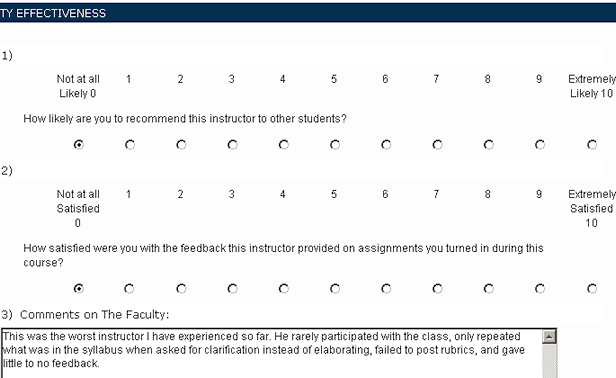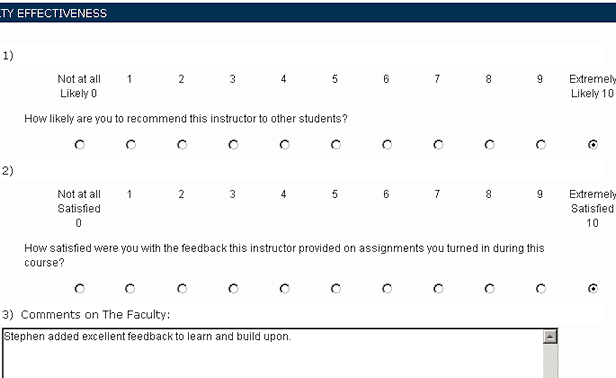Already knowing something is a terrible reason for not learning it again.
Last year, I decided that I didn’t like a certain person, based on fleeting observations, cursory interactions, the testimony of others, and a raft of tenuous inferences.
Yesterday, circumstance put me in a position to actually talk with him for the first time. It turns out he’s a pretty good guy – intelligent, interesting, engaged, funny, and self-deprecating without telegraphing a sense of false humility. I was flat wrong about him.
I was surpised by my discovery, but of course, I shouldn’t have been. It’s happened to me before – making judgments based on shaky evidence, and coming to a false conclusion about somebody, whom I then write off, until I am proven dramatically wrong. Based on past situations of a similar nature, I should have known better about being so judgmental – actually, I did know better – but I repeated the mistake anyway.
Knowing something (e.g., don’t judge a book by its cover) and even really believing in it (having some emotional affinity for the knowledge) is quite different from mastering it. Mastering it, to the point where you are consistently faithful to it, takes a good bit of practice. The mere fact that you assent to a given proposition doesn’t make it second nature to you. It only becomes second nature when you purposefully keep it near the top of your consciousness, where you can recollect it readily and then live accordingly.
That’s why trite sayings, truisms, and other fundamentals that we come to take for granted are really very important to hear. For most ideas, repetition and reinforcement are as important as the original learning. While I sometimes chafe at the expression of basic truths / principles, and quietly dimiss those who offer them as unsophisticated, it turns out that I often need a refresher on such truths. When I was 17, I was fairly good at calculus, but virtually all of that discipline is lost to me today, chiefly for lack of practice with it. I’d hate for that to happen with many other pieces of knowledge that are in principle already known to me.
Sooner or later, I’ll let my recent lesson about snap judgments drift out of memory, and not far after I’ll be doomed to repeat it. Hopefully, after I re-learn it enough times, I’ll get to the point where I finally know it – by heart, so to speak.

